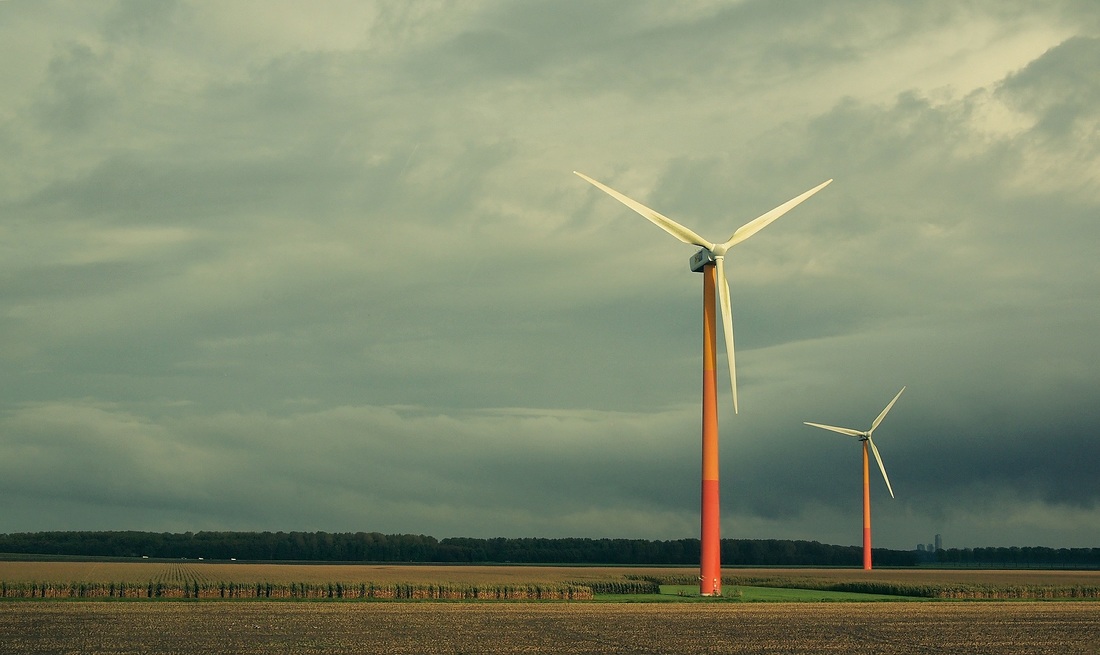---------------------------------------------------
The Green family realised that their success was exacting a high price. Their country farmhouse was their home as well as their business premises. But while their enterprise was creating a healthy profit, the vibrations caused by the heavy machinery used on site was slowly destroying the fabric of the building. If they carried on as they were, in five years the damage would make the building unsafe and they would be forced out. Nor were their profits sufficient to fund new premises or undertake the necessary repairs and structural improvements required.
Mr. and Mrs. Green were determined to preserve their home for their children. And so they decided to slow production and thus the spread of the damage.
Ten years later, the Greens passes away and the children inherited the family estate. The farmhouse, however, was falling to pieces. Builders came in, shook their heads and said it would cost £1 million to put it right. The youngest of the Greens, who had been the accountant for the business for many years, grimaced and buried his head in his hands.
"If we had carried on at full production and not worried about the building, we would have had enough money to put this right five years ago. Now, after ten years of under-performance, we're broke."
His parents had tried to protect his inheritance. In fact, they had destroyed it.
Source: The Skeptical Environmentalist by Bjorn Lomborg, 2001.
Baggini, J., The Pig That Wants to Be Eaten, 2005, p. 163.
---------------------------------------------------
So what does this little parable mean to you? Should we be charging ahead with worldwide production in the hopes it will give us enough cushion to fix the problems that are coming down the line? Or do you think such reasoning might just be tragically flawed? Let me know in the comments below. I'll be back on Friday with my own thoughts.


